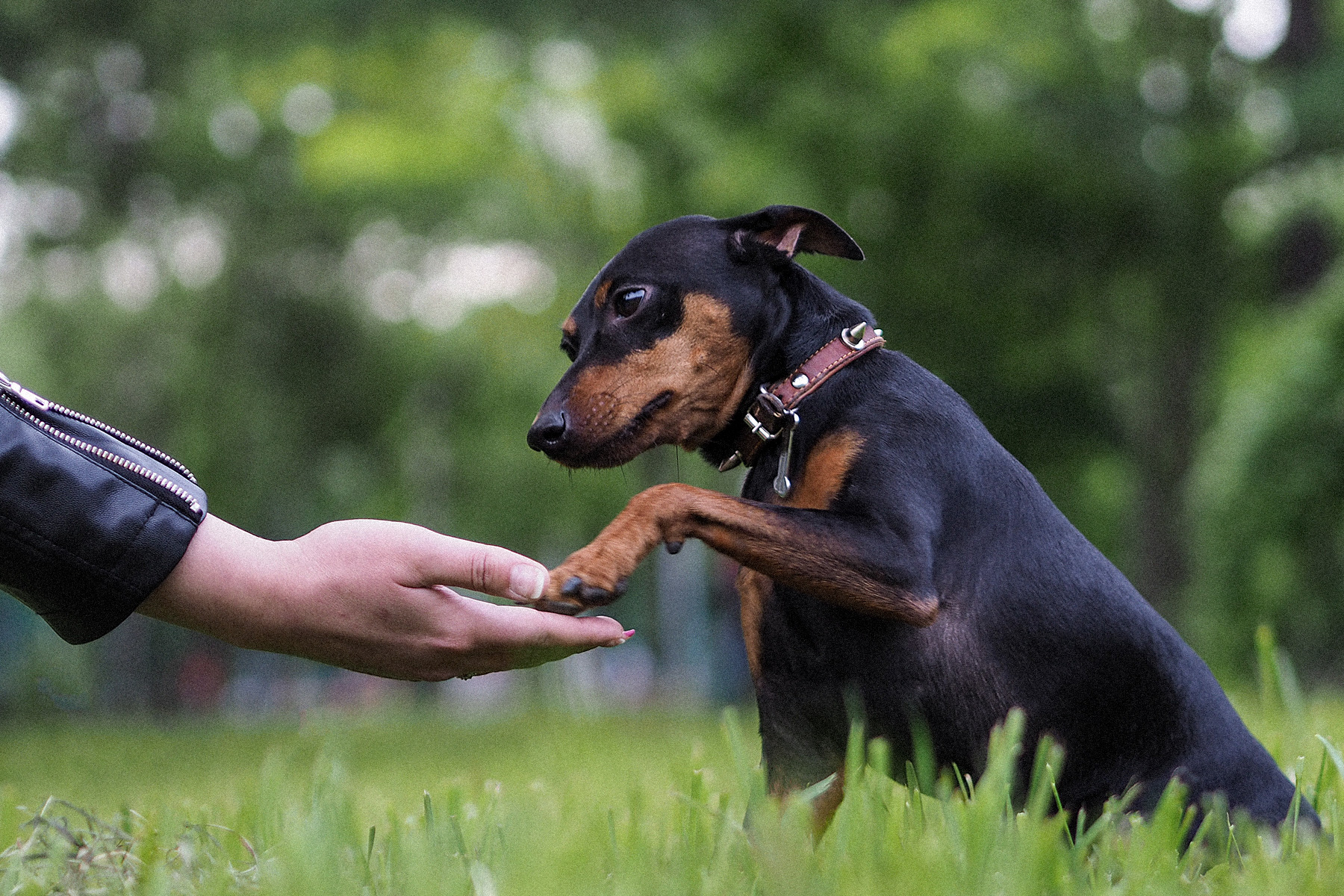
This article was written by Pat Murphy and originally appeared in Lawyer’s Weekly.
__
Before opening the doors to her environmental law practice in March, Providence attorney Marisa A. Desautel served as senior legal counsel at the Department of Environmental Management. In that capacity, she prosecuted and defended cases under the state’s Animal Care Act, working closely with the state veterinarian and the Rhode Island Society for the Prevention of Cruelty to Animals, which is granted certain police powers under state law.
While real property is the focus of her current practice, animal welfare remains a personal passion of Desautel’s, who owns a miniature pinscher named Leonard, a black Labrador retriever named Jake, and a cat named Leo.
So it comes as no surprise that Desautel sees the need for the General Assembly to enact further measures to prevent cruelty to animals, including the creation of an animal abuser registry similar to the state’s sex offender registry.
Desautel spoke recently with Lawyers Weekly’s Pat Murphy.
Q. What types of cases did you handle when you worked for the state?
A. One of my job responsibilities [at DEM] was representing the Division of Agriculture. They’re responsible for dealing with public health and animal health within the state. Part of that set of responsibilities required me to represent the state veterinarian in prosecuting certain violations of the Animal Care Act, which has to do with pet shop licensing and appropriate treatment of animals that are being sold either at a pet shop or at auction, or kept in a kennel. I did a lot of work with that program prosecuting [violations] and defending the division’s decisions with respect to revoking licenses for pet shops that weren’t being operated appropriately.
Q. Isn’t it difficult to balance the state’s interests in enforcing animal care standards with the legitimate interests of breeders, pet store owners and farmers who are raising and keeping animals for specific business purposes?
A. That’s totally true. One of the safeguards in place to deal with that concern is that DEM, the Attorney General and the Rhode Island SPCA will always conduct their own independent investigations. The complaint that comes in cannot be used as evidence against a party other than to show that the agency did receive some form of notice to come out and do the inspection. Any sort of enforcement action taken by an agency has to be backed up by evidence that the agency collects itself.
Q. Is animal fighting a problem in Rhode Island?
A. I know it’s a bigger deal in the South. But in this area, the problem that DEM is most concerned about relates to volunteer organizations involved in animal rescue. [Frequently,] animals that come from a puppy mill in the South get transported to a network of volunteers to place those animals in foster homes in the Northeast. About a year ago, DEM started an initiative to regulate that type of practice, so that foster homes and organizations that are accepting animals into this area must register with DEM and maintain a contact address within the state. That’s because animals coming from the South carry disease. The department wants to make sure the animals are being tracked, immunized and taken care of appropriately.
Q. State legislators have considered a measure that would require people who have been convicted of felony animal abuse to register with their local police departments. Would you be in favor of the enactment of an animal abuser registry law?
A. Absolutely. The Rhode Island SPCA does a great job putting out a newsletter talking about animal cruelty cases that they are involved with. With respect to people who are charged and ultimately convicted of animal cruelty, I don’t think those penalties and fines are strong enough. I’d be in favor of any legislation that would help the SPCA in being more heavy-handed in enforcement. A registry would be a great idea.
Q. Does the state need a law expressly prohibiting the hoarding of animals?
A. That’s a tougher question. With animal hoarding, there’s sometimes an element of mental health that goes along with it. So it carries with it a different level of culpability. If someone is suffering from a mental health issue, it’s just not as egregious to me as someone who is purposely hurting an animal.
